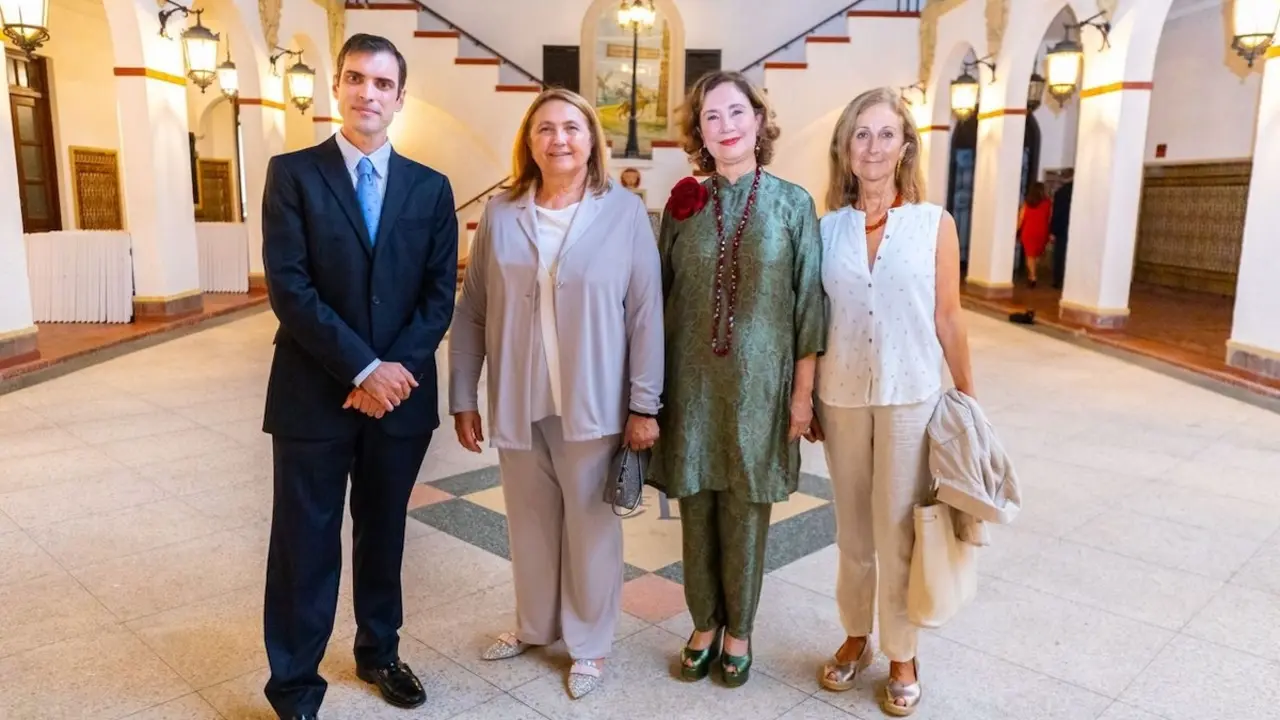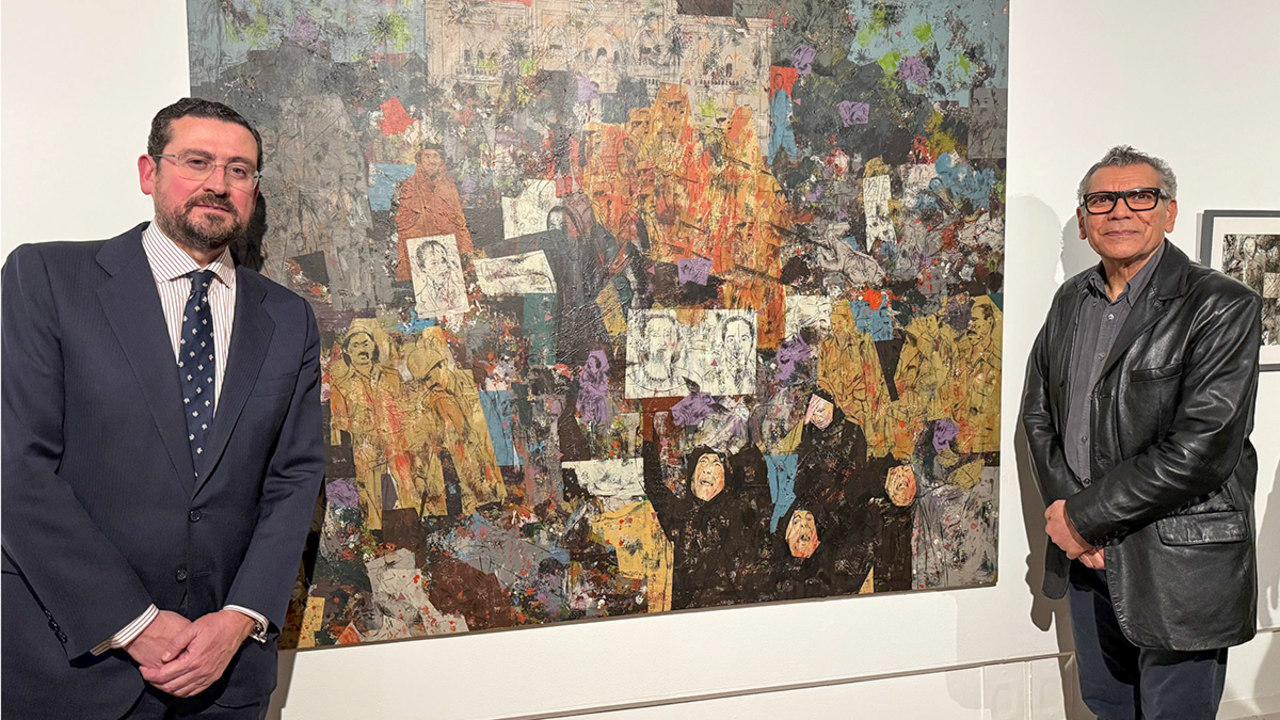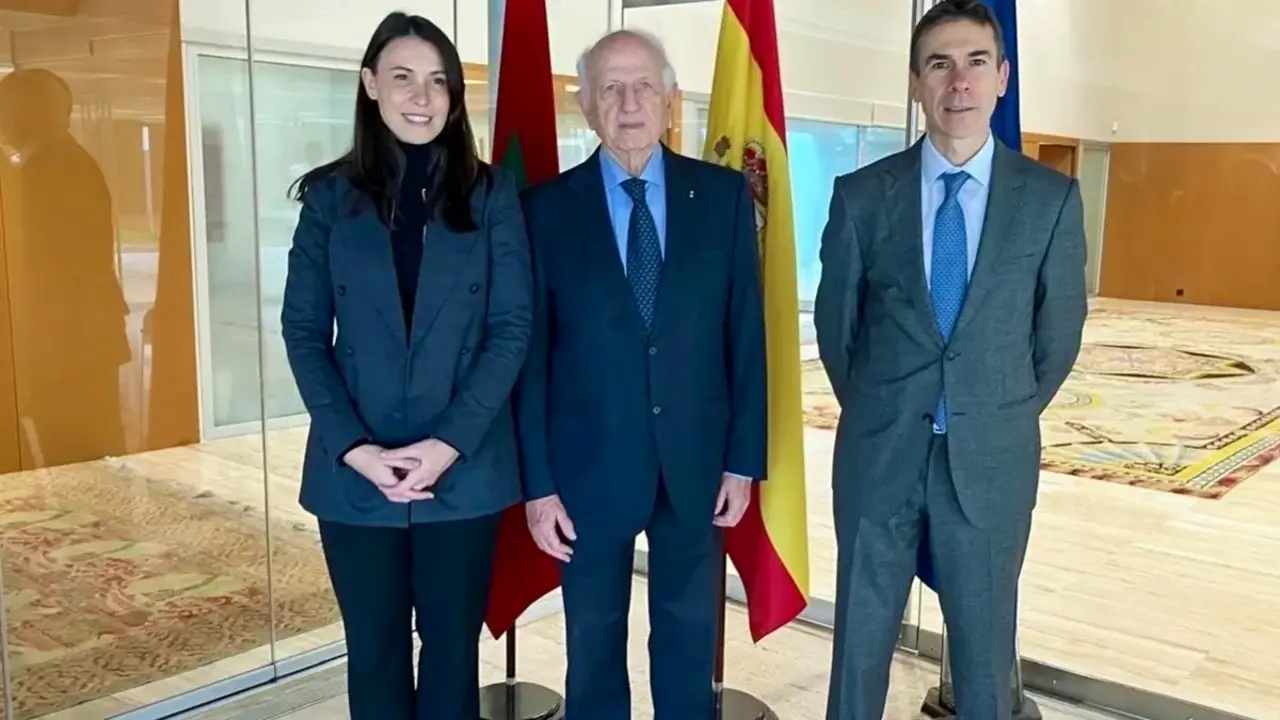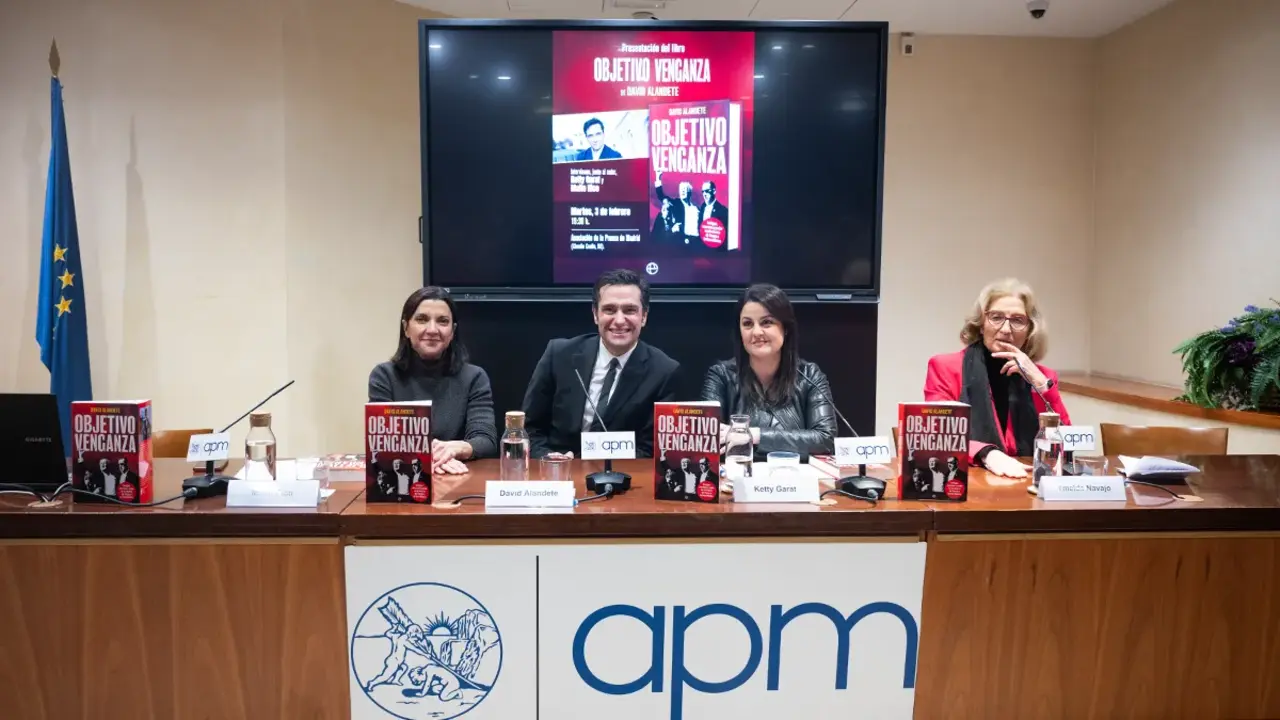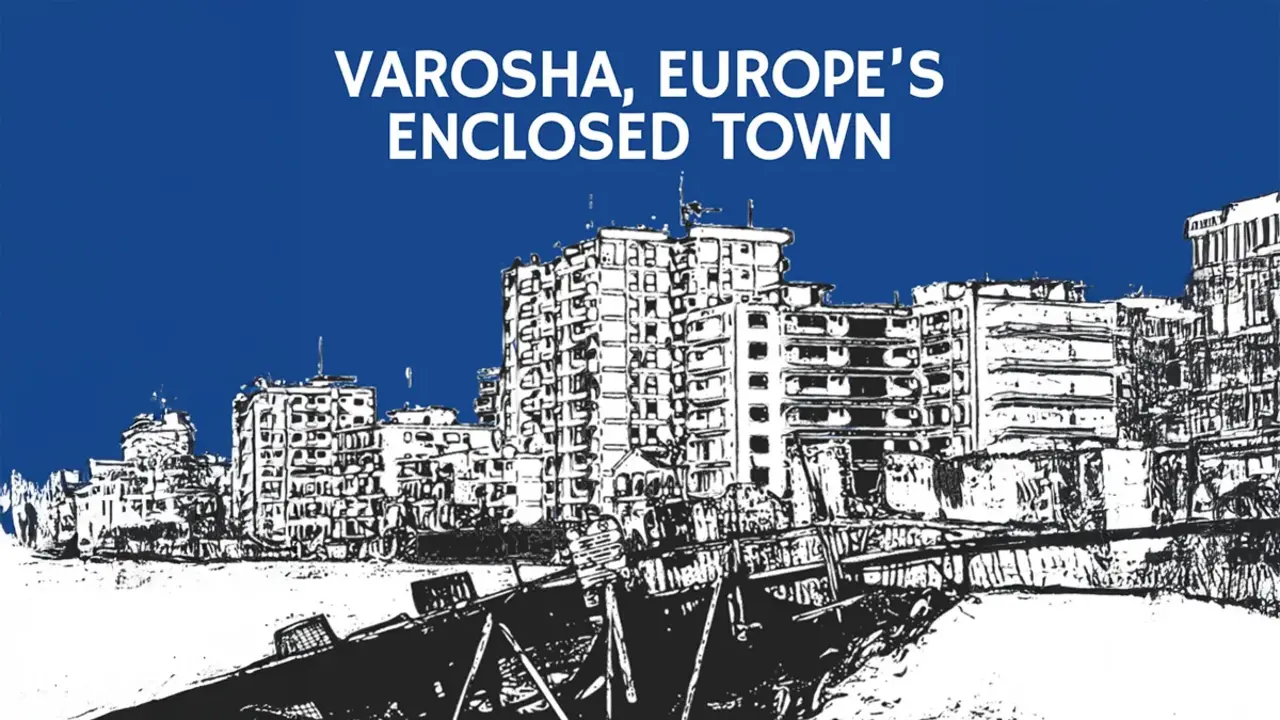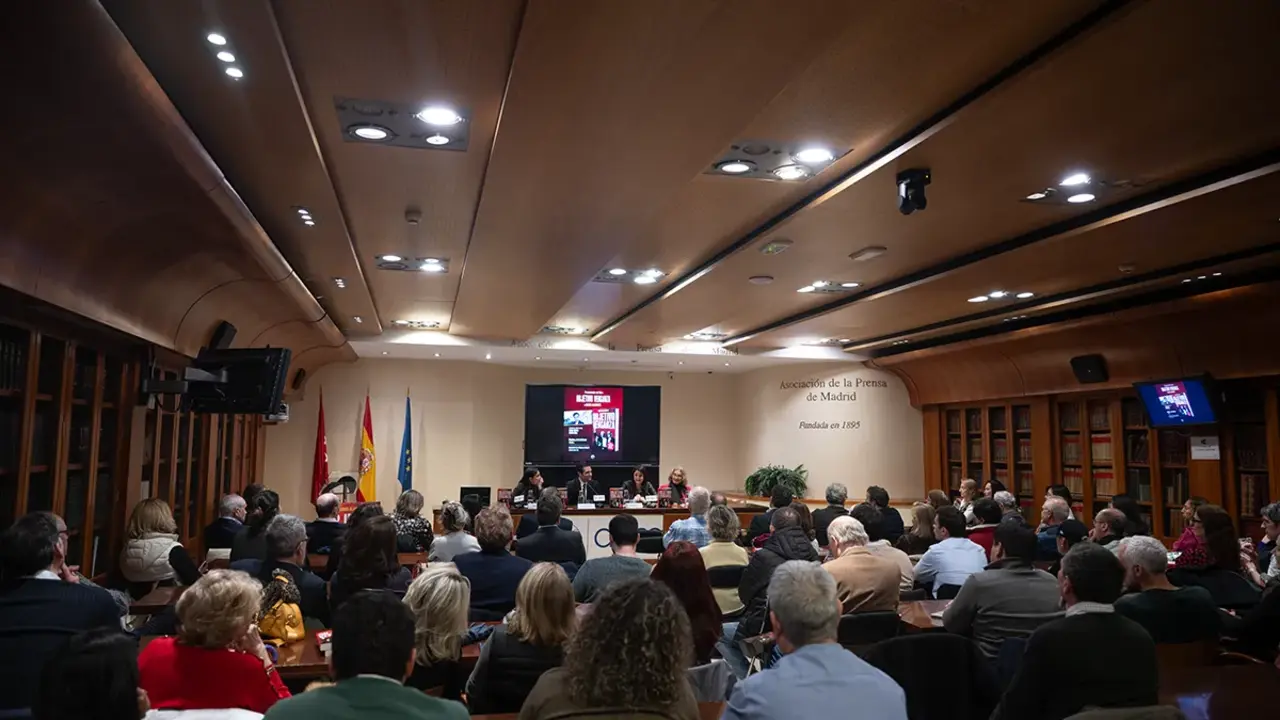La era de las tierras raras

Rare earths are indispensable in our daily lives, as they are present in almost all the devices around us, and have come under the radar of the West and of a geopolitics that is now beginning to change at full speed.
Juan Manuel Chomón Pérez presents his book "La era de las tierras raras", published by Tecnos, in which he uses the crusades as a driving metaphor to try to answer questions such as whether China will end up being the undisputed hegemonic leader as it has a near monopoly on natural deposits; how geopolitical relations will affect the fight against climate change; or whether the dollar will endure as the main currency of international exchange.
One of the biggest challenges the world will face in the next thirty years will be the acquisition and use of these metals, as their incredible properties make them indispensable for the energy transition, as well as being of great importance for weapons and military purposes and in the production of various electronic devices.
With their miraculous properties, rare earths can endow other materials with unalterable supermagnetism, high hardness and strength, striking luminescence or fluorescence, and special conductivity. In the face of a predicted shortage of these rare earths, without strong action by the West, the energy transition would be severely delayed and the effects of climate change would be devastating. All this taking into account the global struggle unleashed between major powers for control of these materials, which are of great importance in the military and armaments sphere and in the manufacture of various electronic devices.
Without this set of up to seventeen metallic elements, many of the most modern weapons systems of the most important armed forces would not be able to function, nor would many of the electronic products used in everyday life, such as mobile phones, televisions and computers.
The so-called "holy struggle" against climate change requires weapons to curb global warming. Renewable energies or electric cars, for example, are the "swords or shields" to achieve the decarbonisation of economies. Both need chemical elements that are "critical" because of their scarcity and strategic because of their relevance - the now famous rare earths.
China has a devastating dominance in the rare earths market and the West needs greater access to rare earths because they are essential for the production of all kinds of technological products that are very necessary today. In the book, Juan Manuel Chomón Pérez points out that these rare earths are "today's equivalent of the sacred relics of the Middle Ages, so coveted by the Templars and the Catholic States" during the Crusades.
Such is the relevance of these rare earths that they are an important element in the struggle for world political hegemony between the two global giants: the United States and China. As the author says in his book: "These metallic elements constitute the physical basis of many of the disruptive technologies that act as levers for global leadership".
Thus, the struggle for control of mineral resources, with rare earths at the forefront, is redrawing the global geopolitical map. But these metals have a dark side, the economic and political struggle they generate due to their great attractiveness and the environmental damage caused by their extraction.
Juan Manuel Chomón Pérez analyses all these issues in a very interesting book to learn more about the importance of rare earths, the current geopolitical situation and the bitter rivalry between the United States and China.
About the author
Juan Manuel Chomón Pérez is a lieutenant colonel in the Spanish Air Force, which he joined in 1996, and holds two master's degrees in Peace and Security Studies. He recently completed the General Staff course at the German Bundeswehr Leadership Academy in Hamburg.
He is a contributor to numerous international journals such as The Diplomat, European Security and Defence Magazine, NATO Joint Air Power and Competence Centre, among others; he has also published in prestigious study and research centres such as the European Union Think Tank and the Spanish Institute for Strategic Studies.
His perception of the world combines his academic knowledge with a wealth of international operational experience in the field, with more than eleven years working abroad, mainly in Africa, Asia and different EU countries.

